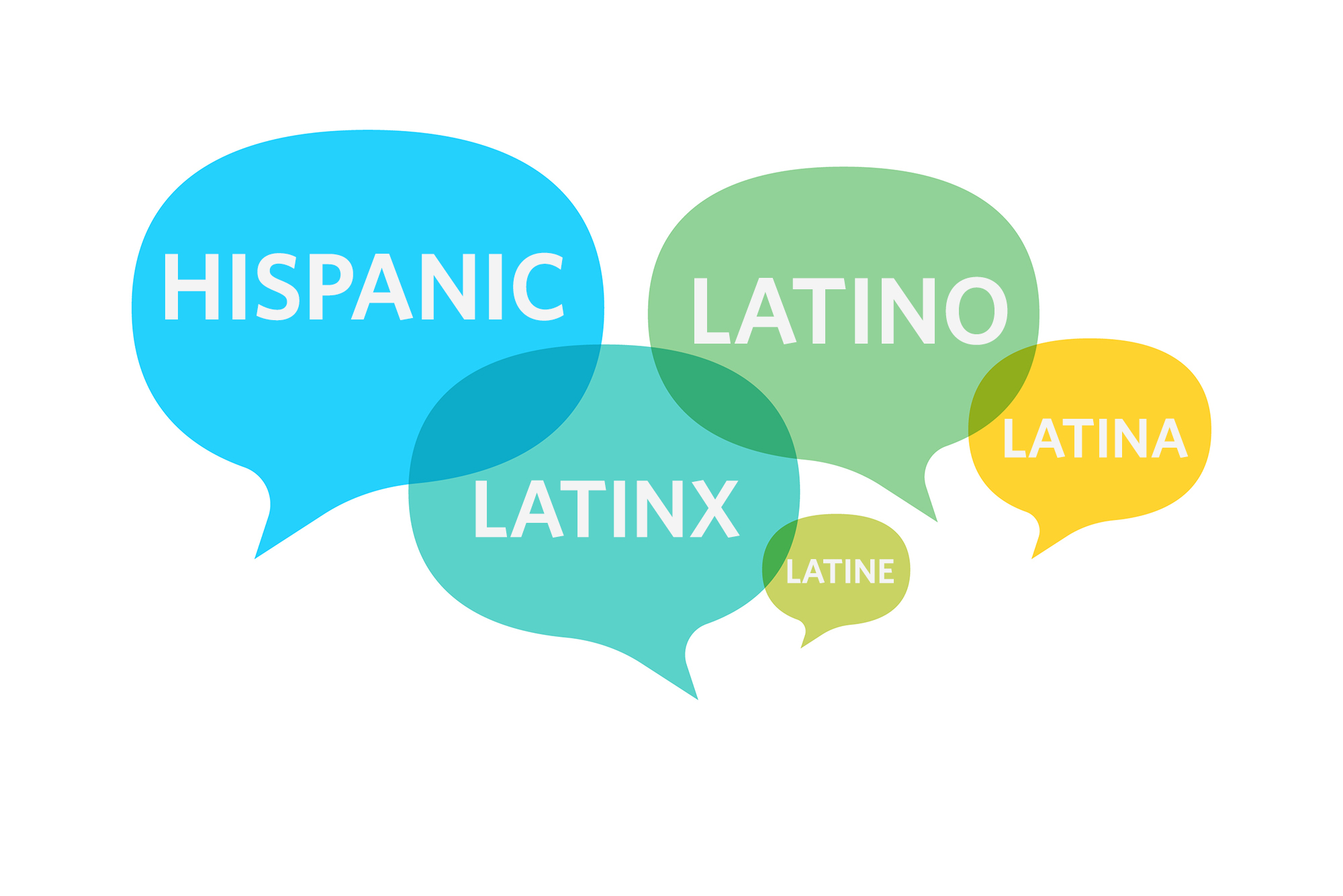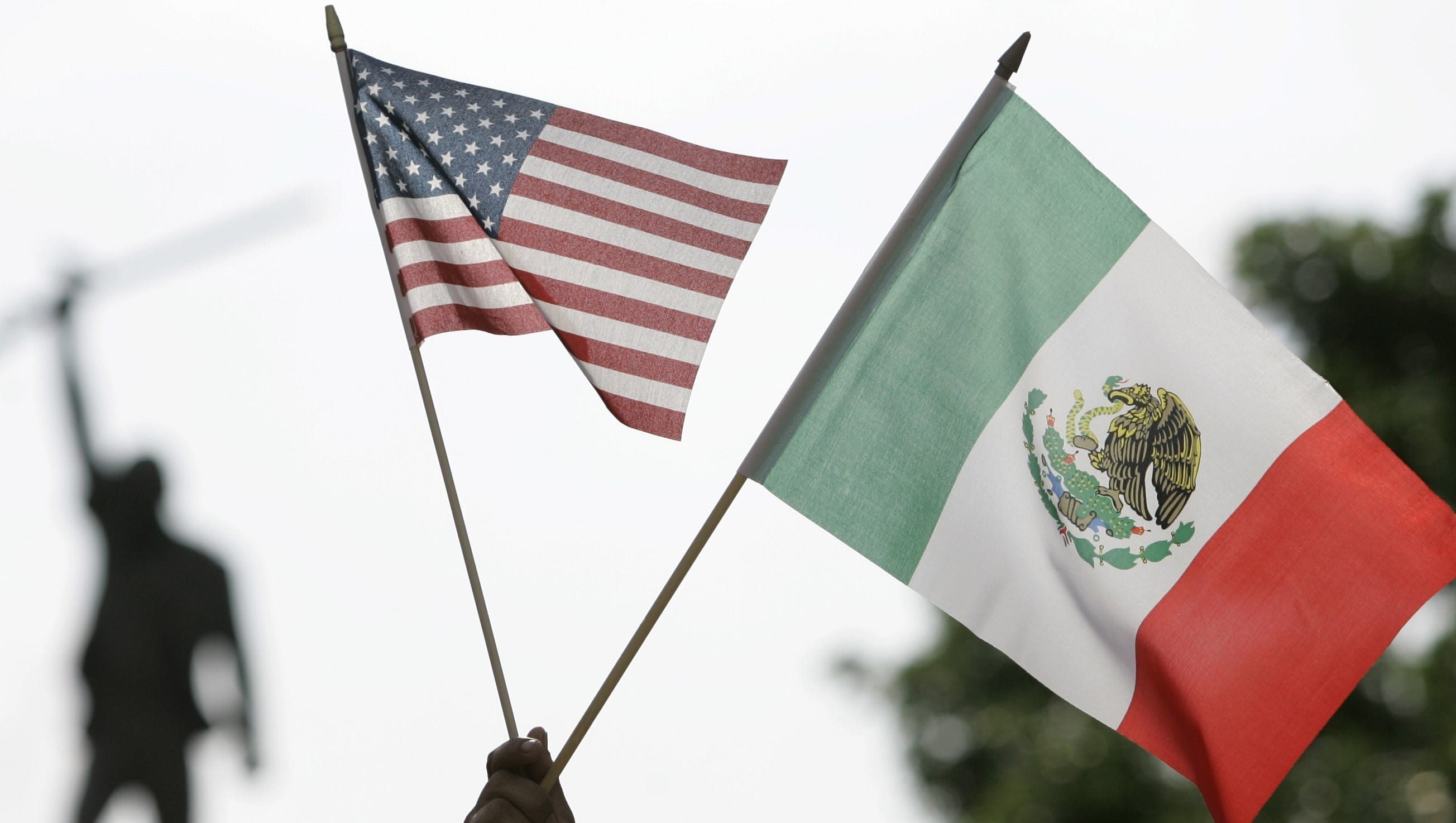Can Mexicans Say The N-Word? A Deep Dive Into Context And Conversations
Let’s face it, folks, the question of whether Mexicans—or anyone else for that matter—can say the N-word is a touchy, complicated, and downright controversial topic. It’s not just about race, it’s about power, history, and the weight of words. So, buckle up because we’re diving headfirst into this heated debate, and we’re not pulling any punches.
This isn’t just a casual conversation; it’s a conversation that’s been simmering in the background for years, popping up in social media threads, dinner table discussions, and even on late-night talk shows. The N-word carries centuries of pain, oppression, and trauma, and its use—or misuse—is a lightning rod for debate. So, why are we talking about this now? Because it’s time to unpack the layers of this issue, and maybe, just maybe, find some clarity.
Here’s the deal: the N-word is a loaded term, and its usage is steeped in a history that can’t be ignored. For some, it’s a word that represents resilience and reclaiming power. For others, it’s a painful reminder of systemic racism and inequality. And when it comes to Mexicans—or anyone outside the Black community—the question becomes even murkier. Are they allowed to say it? Should they say it? And what does it mean when they do?
- Did Jep And Jessica Get Divorced The Untold Story Behind Their Relationship Html
- Delicious And Personalized The Art Of Custom Udon Creations
- Noa Netanyahu Roth
- Peter Ellis Kings Guard
- Lilli Kay The Journey Of A Transgender Trailblazer
Why Context Matters in the N-Word Debate
Let’s get one thing straight: context is king. The way the N-word is used, who’s saying it, and why they’re saying it all matter. It’s not just about the word itself—it’s about the intention behind it. In some circles, the N-word has been reclaimed as a term of endearment within the Black community. But outside of that, it’s still a word that carries a heavy burden of history.
Think about it like this: if you’re at a family dinner and someone drops the N-word, it’s gonna raise some eyebrows, right? But if you’re in a rap song or a comedy sketch where the context is clear, it might be received differently. The key here is understanding the difference between using the word in a way that honors its history and using it in a way that perpetuates harm.
And here’s where Mexicans—and other non-Black people—come into play. When someone outside the Black community uses the N-word, it can feel like they’re co-opting a struggle they haven’t lived. It’s not just about the word itself; it’s about the power dynamics at play. So, before we jump to conclusions, let’s break it down.
- Mikayla Campino Leaks
- What Does Gooner Mean
- Is Cal Raleigh Married Unveiling The Mariners Stars Life
- Two Babies One Fox
- Kaitlan Collins Husband A Closer Look At Their Relationship
Breaking Down the Power Dynamics
Power dynamics are at the heart of this debate. The N-word was born out of slavery and segregation—a time when Black people were systematically oppressed and dehumanized. For Mexicans—or any other group—to use the word without fully understanding its weight can feel like stepping on sacred ground.
But here’s the thing: power dynamics aren’t always black and white. Mexicans, too, have faced their own struggles with racism and discrimination. In many cases, they’ve been on the receiving end of systemic oppression, just like Black people. So, does that give them the right to say the N-word? Not necessarily. But it does complicate the conversation.
Let’s take a look at some of the key factors that influence these power dynamics:
- Historical Context: The N-word was used as a tool of oppression against Black people. For Mexicans, the history of racism is different but no less painful.
- Cultural Appropriation: When non-Black people use the N-word, it can feel like they’re appropriating a culture they don’t fully understand.
- Intent vs. Impact: Even if someone’s intention is good, the impact of using the N-word can still be harmful.
The Intersection of Race and Identity
Race and identity are complex topics, and they play a big role in this debate. For Mexicans, identity is often shaped by a mix of Indigenous, Spanish, and African influences. This means that some Mexicans may have a deeper connection to the Black experience than others. But that doesn’t automatically give them the right to say the N-word.
Here’s where it gets tricky: identity isn’t a one-size-fits-all thing. Just because someone is Mexican doesn’t mean they automatically understand the Black experience—or vice versa. And that’s where the conversation gets messy. Can someone who identifies as Afro-Mexican say the N-word? What about someone who doesn’t have that connection but still feels solidarity with the Black community?
Let’s break it down:
- Afro-Mexicans: Afro-Mexicans are a part of the Black diaspora, so their connection to the N-word might be different from other Mexicans.
- Mestizos: For mestizos—or people of mixed Indigenous and Spanish descent—the connection to the Black experience might be more distant, but that doesn’t mean they can’t show solidarity.
- Intersectionality: Intersectionality is the idea that different aspects of identity—like race, gender, and class—intersect to create unique experiences. For Mexicans, this means their experience of racism might overlap with—but not be identical to—the Black experience.
Understanding the Black Experience
To fully understand this debate, it’s important to understand the Black experience. The N-word is more than just a word—it’s a symbol of centuries of oppression. From slavery to Jim Crow laws to systemic racism today, Black people have faced unimaginable challenges. And for many, the N-word represents both the pain of the past and the resilience of the present.
But here’s the thing: understanding doesn’t mean agreement. Just because someone understands the weight of the N-word doesn’t mean they have the right to say it. It’s about respecting boundaries and acknowledging the power dynamics at play.
Can Mexicans Say the N-Word? The Expert Perspective
Now, let’s bring in the experts. Scholars, activists, and thought leaders have weighed in on this debate, and their perspectives are worth considering. Dr. Cornel West, a prominent scholar and activist, has spoken about the importance of context when it comes to the N-word. For him, it’s not just about who says it—it’s about why they say it.
Other voices, like Ta-Nehisi Coates, have emphasized the importance of understanding the historical weight of the N-word. For Coates, the word is a reminder of the violence and oppression that Black people have faced. And while he doesn’t outright ban its use, he stresses the importance of being mindful and respectful.
So, where does that leave Mexicans? According to many experts, the answer is simple: unless you’re part of the Black community, it’s best to avoid using the N-word altogether. But that doesn’t mean you can’t show solidarity or stand in support of the Black community. In fact, there are plenty of ways to do that without crossing boundaries.
Showing Solidarity Without Crossing Boundaries
Here’s the thing: showing solidarity doesn’t have to mean using the N-word. There are plenty of other ways to stand in support of the Black community without crossing boundaries. Whether it’s through activism, education, or simply listening, there are countless ways to make a difference.
Let’s take a look at some examples:
- Amplify Black Voices: Instead of speaking over Black people, amplify their voices and platforms.
- Support Black-Owned Businesses: Put your money where your mouth is by supporting Black-owned businesses.
- Educate Yourself: Learn about the history of racism and the Black experience. Knowledge is power.
The Role of Media and Pop Culture
Media and pop culture play a huge role in shaping our understanding of race and identity. From movies to music to social media, the way we consume media influences the way we think about these issues. And when it comes to the N-word, media can either perpetuate harm or promote understanding.
Take, for example, the world of hip-hop. In many rap songs, the N-word is used as a term of endearment within the Black community. But when non-Black people try to mimic that usage, it can feel like they’re co-opting a culture they don’t fully understand. And that’s where the line gets blurred.
But here’s the thing: media can also be a force for good. By promoting diverse voices and perspectives, media can help break down stereotypes and foster understanding. And that’s something we can all get behind.
Challenging Stereotypes and Misconceptions
Stereotypes and misconceptions are another big part of this conversation. Whether it’s the idea that all Mexicans are the same or the assumption that all Black people agree on the N-word, these oversimplifications can do more harm than good. Challenging these stereotypes is an important step toward fostering understanding.
Here are a few common misconceptions to watch out for:
- All Mexicans Are the Same: Mexicans come from diverse backgrounds, and their experiences with race and identity vary widely.
- All Black People Agree on the N-Word: The Black community isn’t monolithic, and opinions on the N-word vary widely.
- Racism Only Happens in Certain Communities: Racism is a systemic issue that affects everyone, regardless of race or ethnicity.
The Future of the Debate
As society continues to evolve, so too will the conversation around the N-word. With movements like Black Lives Matter and increasing awareness of systemic racism, the way we talk about race and identity is changing. And while the debate over the N-word may never be fully resolved, it’s a conversation that’s worth having.
For Mexicans—and everyone else—the key is to approach this conversation with humility and respect. It’s about listening, learning, and being mindful of the power dynamics at play. And while the answer to whether Mexicans can say the N-word may not be black and white, the importance of empathy and understanding is clear.
Moving Forward with Empathy and Understanding
So, where do we go from here? The answer isn’t easy, but it’s simple: empathy and understanding. By listening to each other’s stories and respecting each other’s boundaries, we can create a more inclusive and compassionate world.
And that’s something we can all get behind.
Conclusion: The Final Word on the N-Word Debate
In conclusion, the debate over whether Mexicans—or anyone outside the Black community—can say the N-word is complex and multifaceted. It’s not just about the word itself; it’s about the history, power dynamics, and cultural context that surround it. And while there may not be a one-size-fits-all answer, the importance of empathy and understanding is clear.
So, what can you do? Start by listening to Black voices, educating yourself on the history of racism, and showing solidarity in meaningful ways. And remember: just because you can say something doesn’t mean you should. Respect boundaries, honor history, and above all, treat others with kindness and compassion.
Now, it’s your turn. What do you think about this debate? Leave a comment below, share this article, or check out some of our other content. Together, we can keep the conversation going.
Table of Contents
- Why Context Matters in the N-Word Debate
- Breaking Down the Power Dynamics
- The Intersection of Race and Identity
- Understanding the Black Experience
- Can Mexicans Say the N-Word? The Expert Perspective
- Showing Solidarity Without Crossing Boundaries
- The Role of Media and Pop Culture
- Challenging Stereotypes and Misconceptions
- The Future of the Debate
- Moving Forward with Empathy and Understanding
- Miu Shiromine
- Is David Muir Married
- Carly Jane Onlyfans
- Katrina Sloane
- Trendgasmoverdrive9clothoff Io

If Hispanics Hate the Term “Latinx,” Why Is It Still Used? BU Today
Latina, Latino, Latinx vs. Hispanic What the words mean

Hispanic segregation is dropping, but not for Mexicans